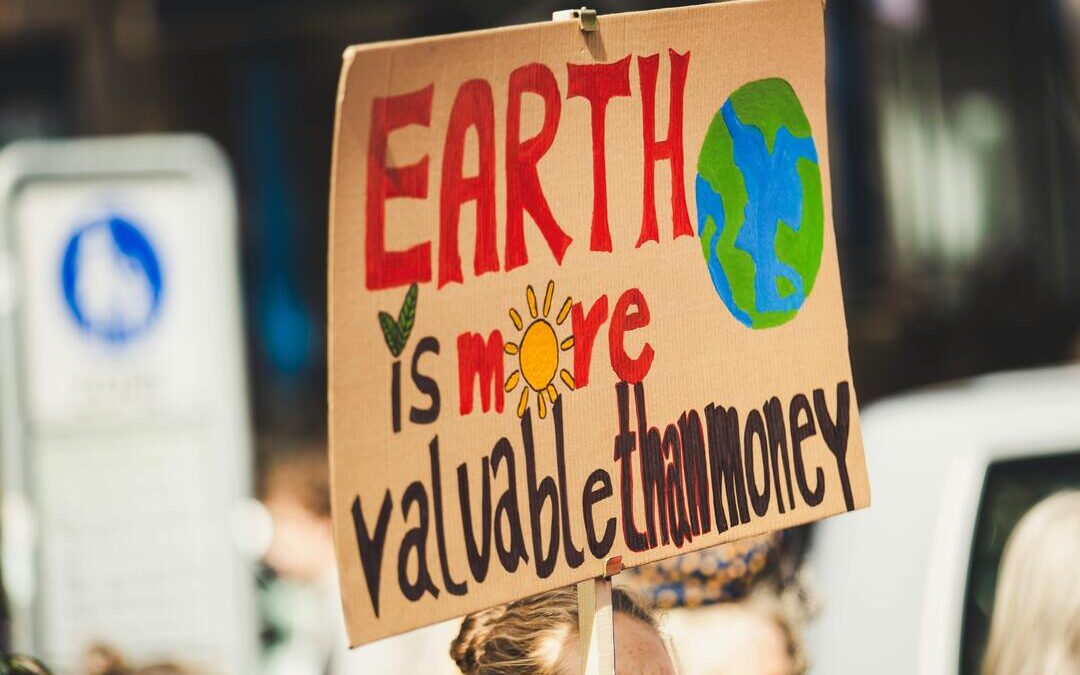Companies Could Gain $21 for Every $1 Spent on Climate Risk Mitigation: CDP
Companies worldwide could unlock trillions in value by acting swiftly on climate risk data, CDP report shows.
Companies could reap up to $21 for every dollar invested in mitigating physical climate risks, according to a report by environmental disclosure platform CDP, which found that firms are leaving trillions of dollars in potential value untapped.
As climate-related disasters intensify, the annual cost of inaction could hit $38 trillion by 2050, the platform, formerly known as Carbon Disclosure Project, said.
The group’s “2025 Disclosure Dividend” report, based on data from nearly 25,000 companies in 2024, showed that firms identifying and addressing climate risks could achieve average returns of up to $81 for every dollar spent.
Median figures suggested companies could unlock $33.1 million in environmental opportunities for an average $4.6 million in costs.
Trillions In Opportunities Yet To Be Realized
Almost two-thirds of companies surveyed – 64 percent – reported environmental opportunities, with 12 percent capturing $4.4 trillion in value in 2024 alone. The remainder of the disclosed opportunities, worth $13.2 trillion, have yet to be realized.
CDP said 90 percent of large firms already have or plan to develop processes to assess environmental risks and opportunities within two years, and 43 percent have a climate transition plan.
Japan and Canada Lead in Potential Gains
The value of identified opportunities varied by region, with Japanese companies reporting median potential gains of $73 million per firm, followed closely by Canada at $72 million.
In the United States, companies identified $15 million in potential value, while Chinese firms saw $10 million.
CDP noted that differences in methodology, definitions and commercial sensitivity could affect reported figures, but the overall trend pointed to broad financial benefits from climate action.
“The economics behind disclosure are becoming clear – data-driven decisions help to manage business risk and unlock opportunity,” said CDP Chief Executive Sherry Madera.
She added that disclosure is moving beyond a transparency exercise toward becoming an economic imperative as the financial case for climate action strengthens.
Nirmal Menon
Related posts

Subscribe
Error: Contact form not found.


